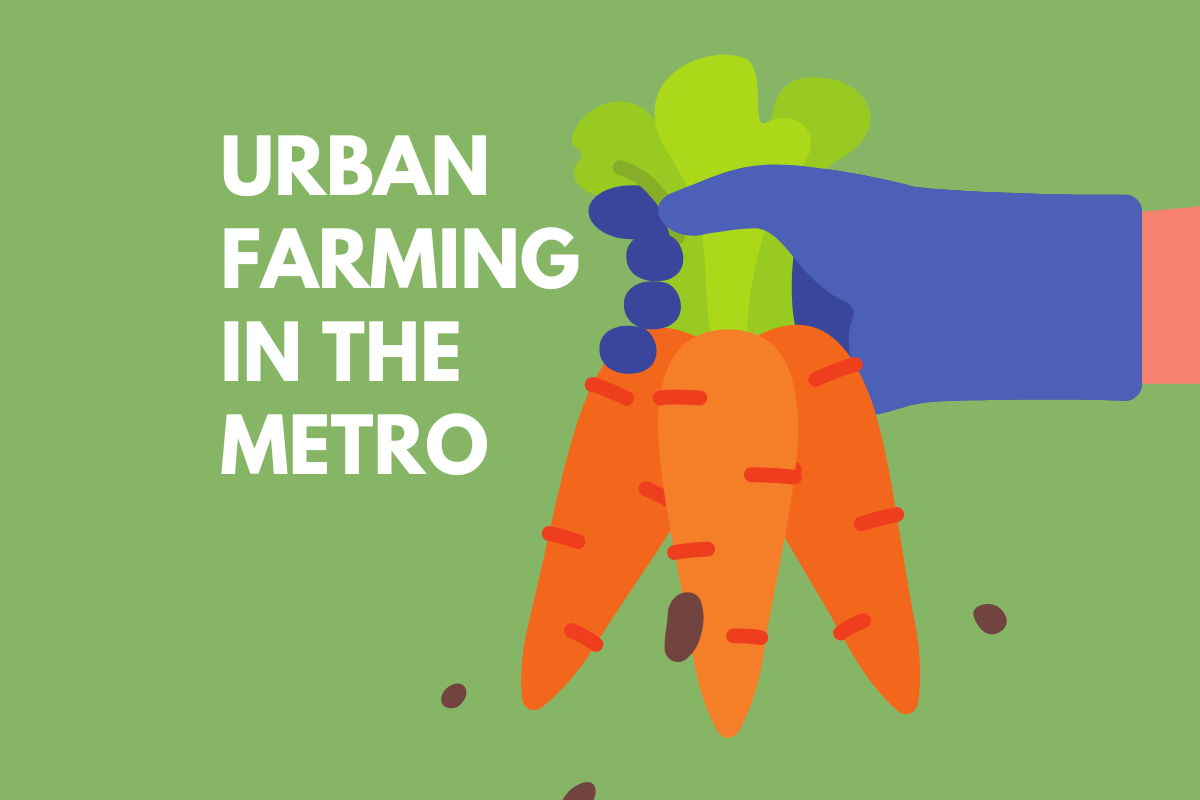The COVID-19 pandemic has raised awareness of the flaws in our food systems and social inequalities causing extreme food insecurity and continued growth in world hunger.
Despite a number of consistent economic gains, the Philippines however, still experiences some degree of social, gender, and economic inequalities. Malnutrition and hunger continue to exist in some areas and have even worsened recently, based on a World Food Programme study.
To effectively address this, one of President Ferdinand “Bongbong” Marcos Jr’s socioeconomic agenda during his term involves ensuring that food security is felt by every Filipino family.
Food produced in rural areas greatly contribute in maintaining the availability of food in urban areas, such as Metro Manila. Amid the limitation of movement of commodities, services, and people due to the COVID-19 pandemic last year, it was difficult to supply the food needs of about 13 million people in Metro Manila. Due to supply chain disruptions, increased food prices threatened urban areas with limited agricultural land.
According to Former Department of Agriculture Secretary William Dar, urban farms can give vulnerable populations a reliable and practical supply of nutritious food. It can also help Local Government Units (LGUs) reduce the impact of any disruptions throughout the food value chain.
Proof of this, here are some urban farming initiatives by LGUs in Metro Manila that were developed existed even before the COVID-19 pandemic:
1. Taguig City
Known as the “Probinsyudad” of the National Capital Region (NCR), Taguig City values urban farming by converting unused, vacant, or abandoned lots to serve the needs of the Taguigeños. It also encourages residents to engage in farming and gardening despite their community's limited space. Their urban farms demonstrate urban-friendly agricultural techniques, including vertical farming and growing fruits, vegetables, and decorative plants on wooden racks and poles. Additionally, the produce goes to the local government for use in its various supplemental feeding programs.


2. Quezon City
The "Joy of Urban Farming" program, which started in 2010, aims to encourage a love for gardening by developing urban farms that promote organic products and innovative gardening techniques. The city has supported establishing more than 160 organic farms in backyards, daycare centers, churches, and public spaces as part of the "Joy of Farming" campaign.
Due to the pandemic, Quezon City has increased its efforts to promote further its commitment to provide green spaces in the city through its urban agriculture initiative, #GrowQC: Kasama ka sa Pag-unlad sa Pagkain, Kabuhayan, at Kalusugan. The #GrowQC Program, in partnership with the Quezon City Food Security Task Force, aims to create a food secure and self-sufficient city by improving food systems, creating potential agricultural and food areas and achieving SDG#2: Zero Hunger


According to the Quezon City Government website, the Joy of Urban Farming was launched to primarily mitigate hunger by encouraging the citizens of Quezon City to produce and grow nutritional vegetables which they can utilize as food on the table. Secondarily, this can also serve as a form of livelihood for them.
For interested citizens, the Joy of Urban Farming provides simultaneous training sessions through orientations/seminars that educate various sectors of the City. The program also provides seeds, seedlings, gardening tools, such as starter kits, greenhouse facilities and the likes for the planting enthusiasts and farmers Citizens and communities who wish to establish their own urban farms through the Joy Of Urban Farming should have an adequate land area or space to set up their urban gardens. (PIA-NCR)
Sources:
quezoncity.gov.ph; wfp.org; da.gov.ph; taguig.gov.ph




